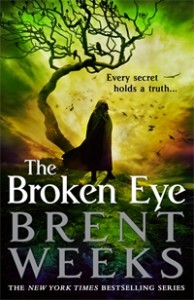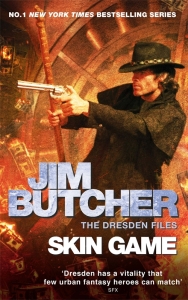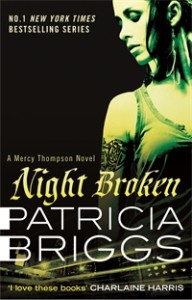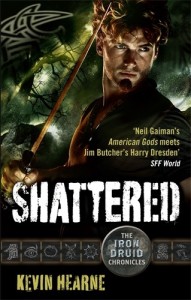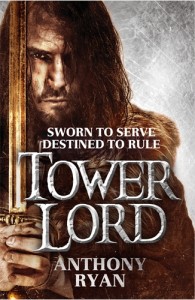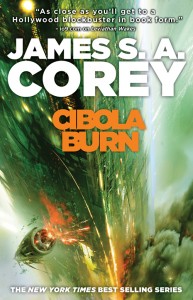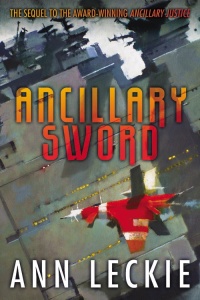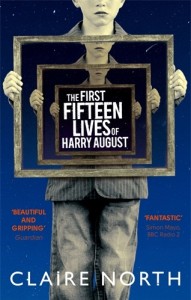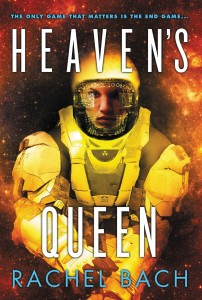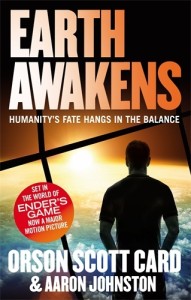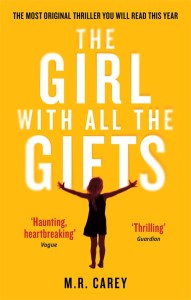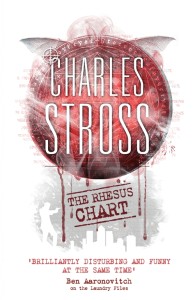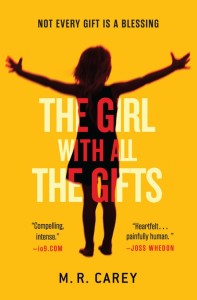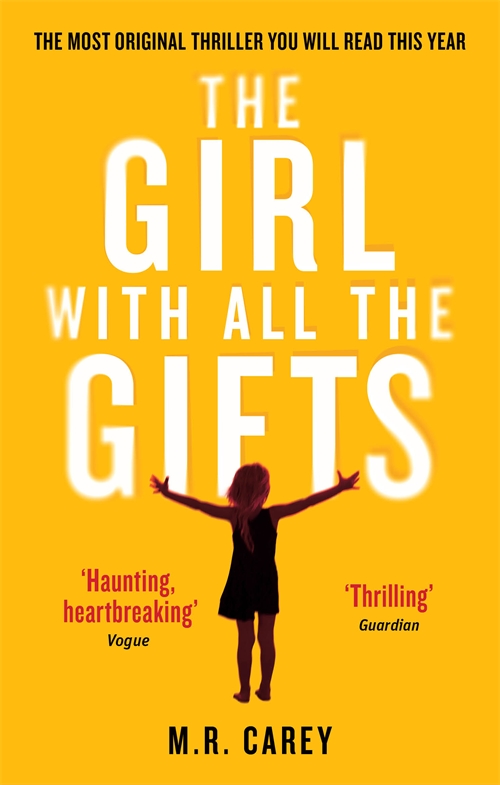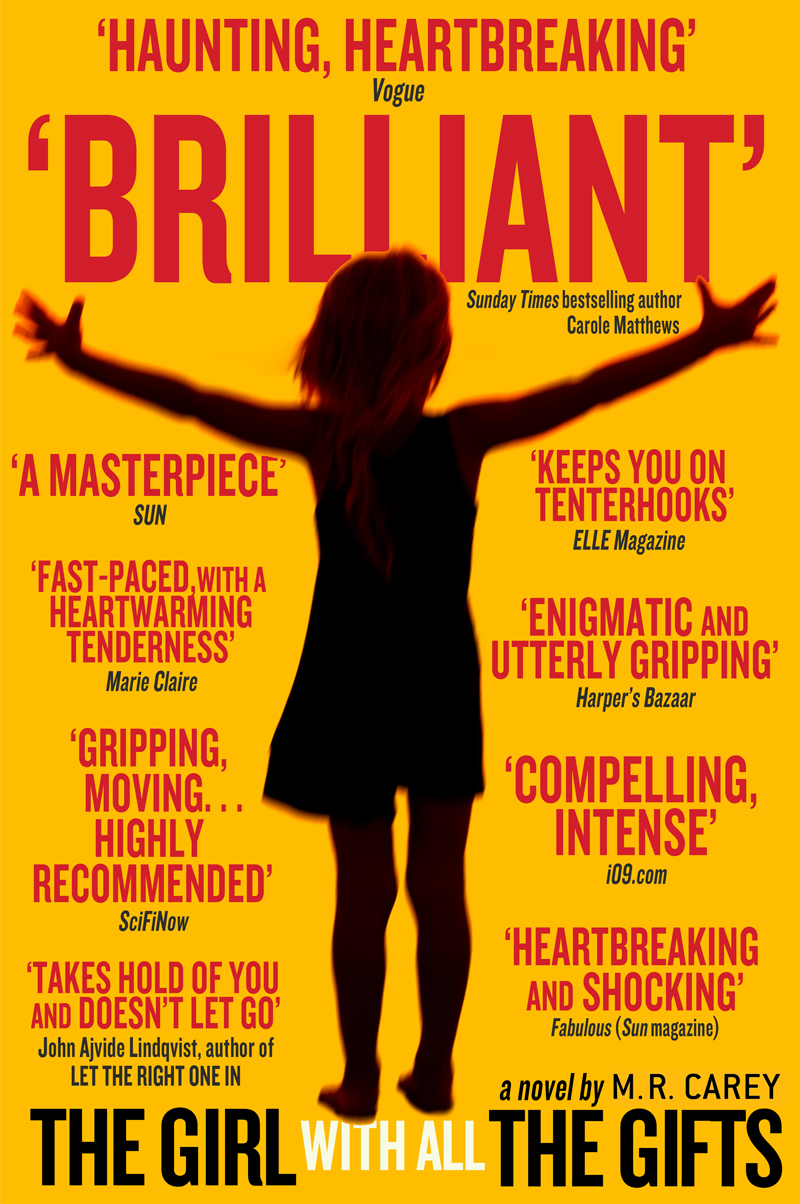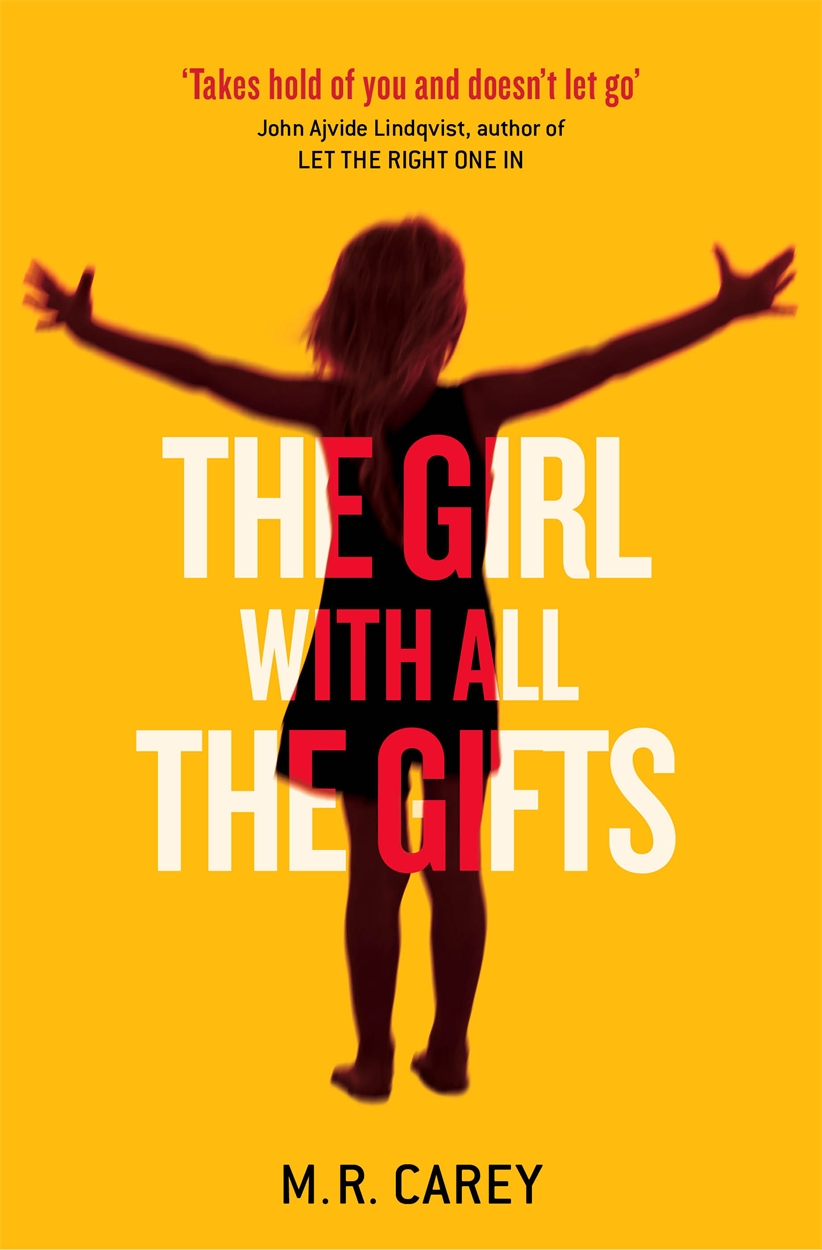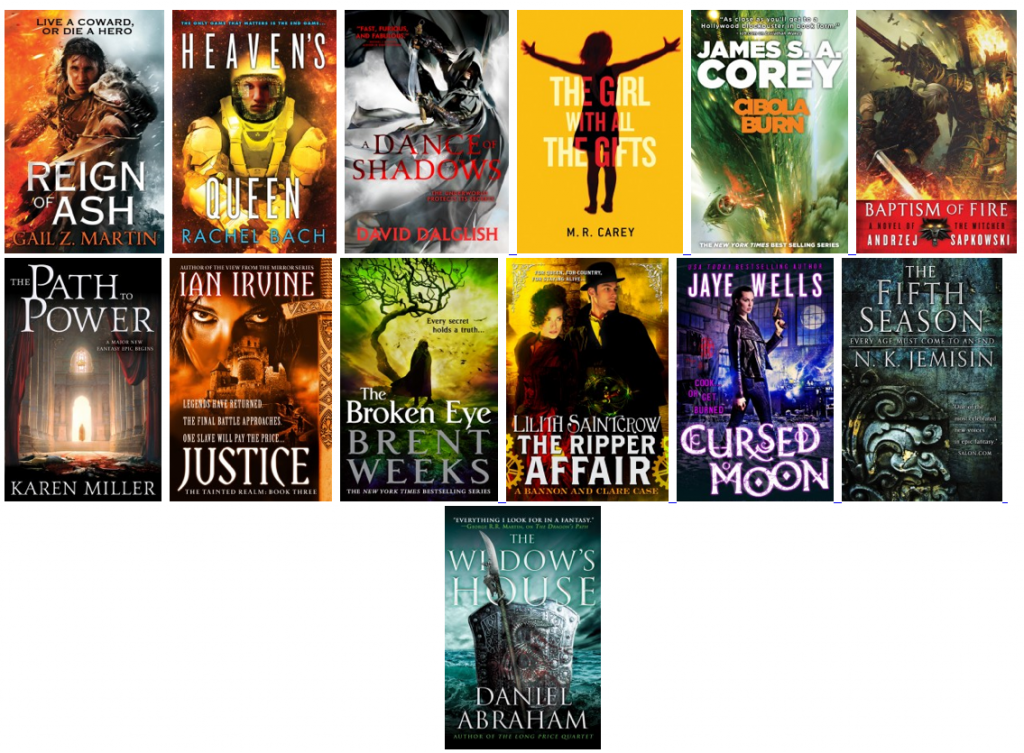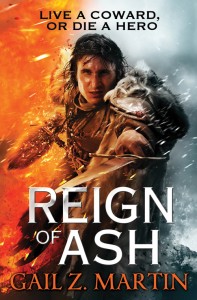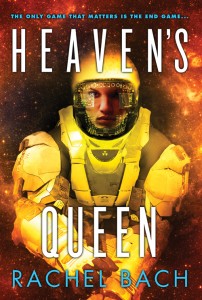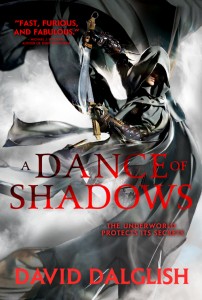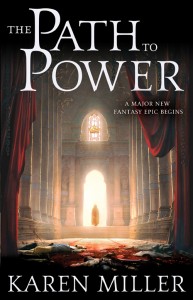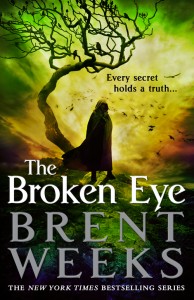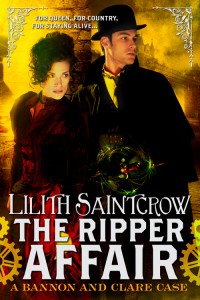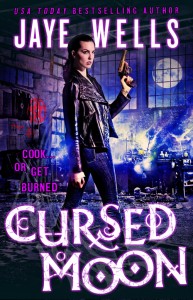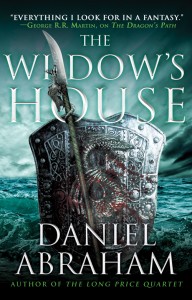“For the first time ever I was writing the same story in two different media at the same time.”
I was a comics writer before I was a novelist, and a novelist before I was a screenwriter. Although actually I was scrabbling at the edges of all three of those forms before I got a handhold on any of them. I just knew I wanted to write – and what sort of stories I could write. As far as media went, I wanted to work in pretty much all of them. Stories are stories, right?
I’m not quite so blasé these days. I’ve got a sort of league table of media that I can work in and media I definitely can’t. I love prose, TV and movies, comics, and I’ll probably always want to have feet in all those camps (if I run out of feet, I’ll borrow or rent some). But I turned out to have no skill at all for radio, and games writing was a nightmare I’m still trying to wake up from. As Clint Eastwood said in Magnum Force, a man’s got to know his limitations.
There’s one particular pleasure, though, that you can only experience as a writer in multiple media – the pleasure of adaptation. I’ve been lucky enough to be commissioned several times to do comic book adaptations of novels and movies, and once to do a movie adaptation of another writer’s novel. In each case, I had a blast.
With the story structure already in place, the creative process and the creative challenges are very different from the ones you face when you’re making something entirely new. What you have to do is to dismantle the story – break it down into its component parts – and then think about what each part is doing. I’m not just talking about plot points, I mean characters arcs, themes, even key lines of dialogue. You do this because it’s not possible, ever, simply to move a story into another medium scene by scene, the way the town of Springfield was moved in that Simpsons episode by putting all the houses on wheels, driving them a mile down the road, and putting them down again in the same configuration of streets.
Okay, it is possible to do that, but it’s usually a bad idea. Every medium has its own native vocabulary, or palette, or whatever you want to call it. Its own biases. Things it does brilliantly well and things it can scarcely do at all. So when you adapt, you’re finding different solutions to the same set of narrative problematics. You’re making the story talk in its own voice but in a different language. And if you do it well, and if you’re lucky, the original writer will still recognise his or her progeny despite the pork pie hat, rah-rah skirt and Groucho Marx moustache.
When I was writing The Girl With All the Gifts, an opportunity came up that was completely new to me. An opportunity that was – well, probably not unique, but I’d be willing to bet fairly rare. (more…)
